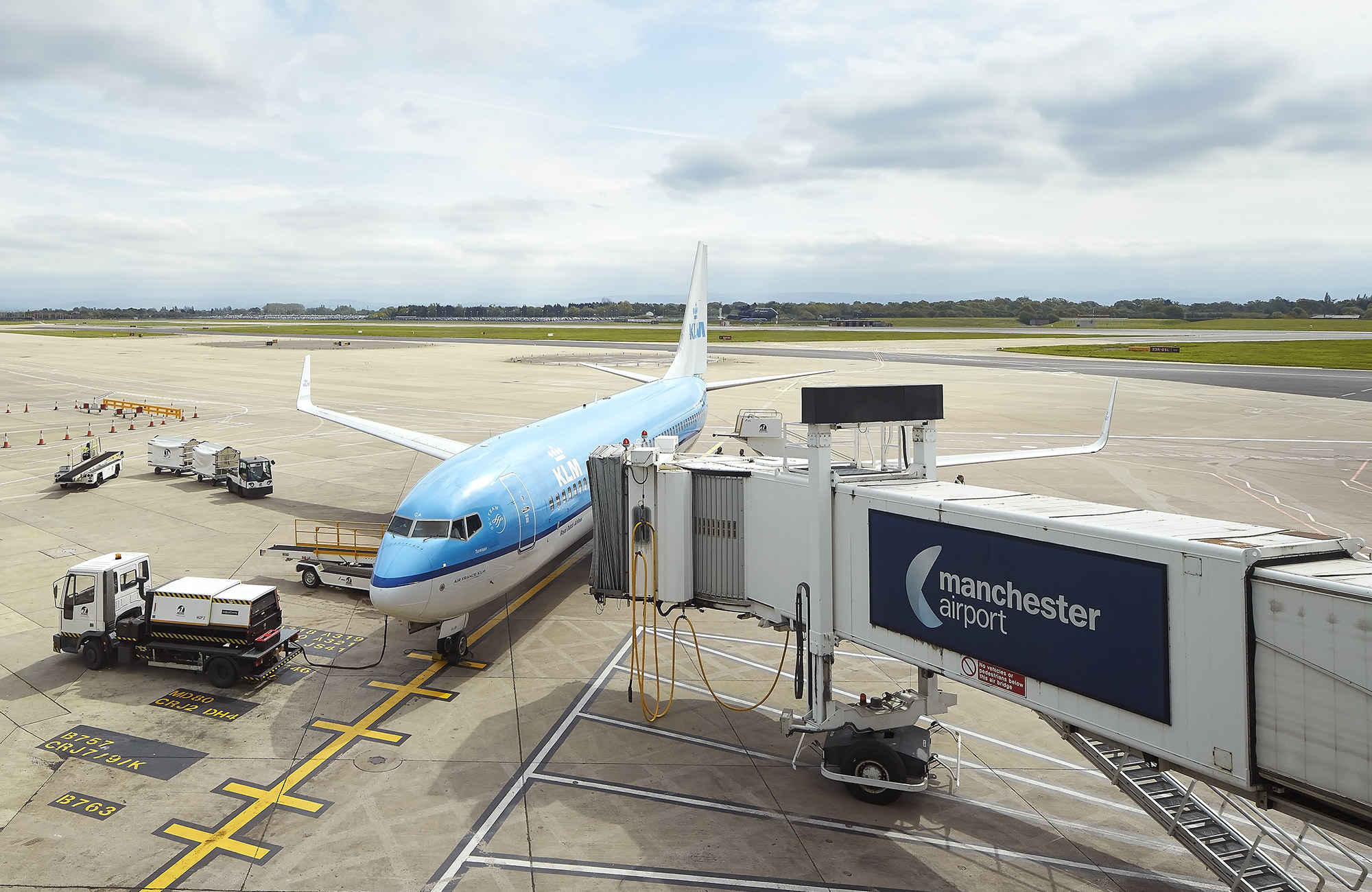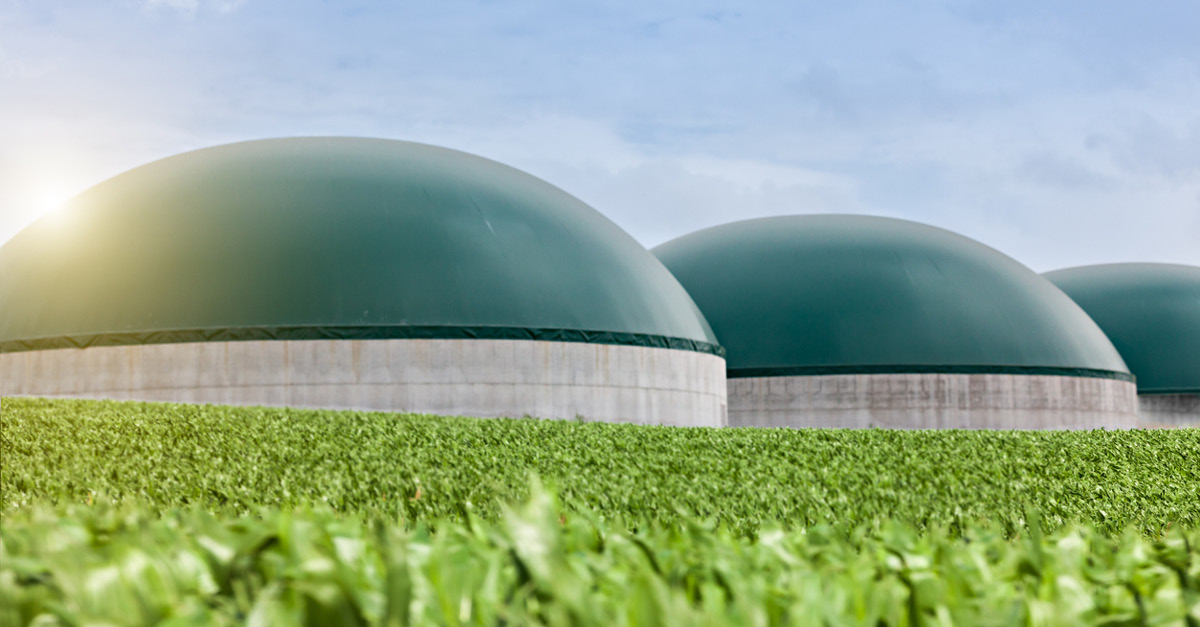Industry trends: Brown to green – sustainable aviation fuels

Multiple disruptions are shaping the infrastructure sector, including the global net zero focus, funding shifts driven in part by government stimulus packages and digital transformation. In our Infrastructure Outlook report, we highlight some of the areas that we believe investors will hear a lot about. This article details one of those areas – the role of sustainable aviation fuels in the energy transition.
To achieve global net zero ambitions, the energy mix for the transport sector is expected to shift over the long term to employing clean and renewable sources of energy. A scenario developed by the International Energy Agency is useful in highlighting the directional step change that is required across the sector over the coming decades (see Figure 1)1.
Much focus has been on the electrification of road transport; however, significant efforts are also being made to decarbonise the aviation industry. While new aircraft technologies have a role to play, keeping pace with expected long-term demand for air travel will require additional solutions.
The International Air Transport Association (IATA) expected that production could potentially be in the billions of litres by 2025 under optimal conditions and with appropriate policy support3. Countries across Europe, for instance, are looking at supportive policy changes with various governments having defined and implemented SAF 2030 mandates to support the shift to biofuels, with an EU-wide mandate expected from 20254.
Successfully scaling up SAF will require a step change in the level of collaboration between airports, airlines, governments and producers, but doing so has the potential to create wide-ranging, long-term benefits.
Manchester Airport becomes first UK airport with direct sustainable jet fuel supply
Manchester Airport Group (MAG) recently announced a partnership with Fulcrum BioEnergy to support the development and delivery of SAF produced at a new waste to fuels bio-refinery. SAF will be delivered to Manchester Airport through an existing pipeline.
The partnership could see up to 10% of the fuel used by aircraft at the airport replaced with SAF within five years of the new facility becoming operational. The facility will produce approximately 100 million litres of SAF per year. The fuel produced will have a C02 footprint at least 70% lower than that of its traditional jet fuel equivalent and will be produced from non-recyclable household and commercial wastes. Once blended and certified, the SAF can be used in aircraft without the need for modifications.
MAG will explore opportunities to supply SAF to its other airports at London Stanstead and East Midlands.
Alternative energy sources is one of the four key trends and disruptions we identified as shaping the sector in our Infrastructure Outlook. Check out the full report.
Related articles

Economic Update June 2025

IFM’s Australian operation secures Family Inclusive Workplace certification





